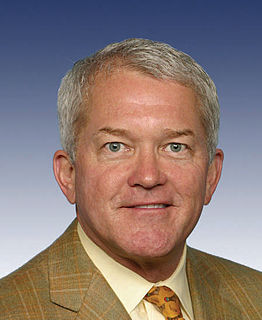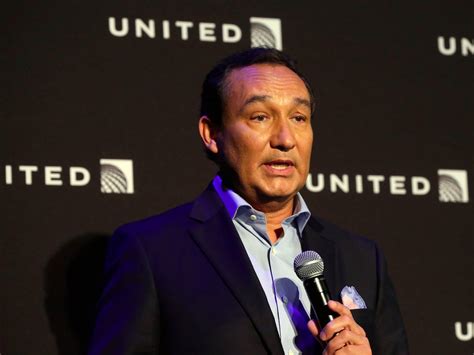A Quote by Michelle Bachelet
In the eyes of many business leaders, there is never an opportune moment for tax reform. Yes, the economy is losing momentum, but that is not because a handful of people are losing their privileges. Slow growth did not first begin during my term in office; the market downturn is making itself felt around the world. My government has responded with an agenda aimed at raising productivity. We are also investing substantially in infrastructure - the plan calls for €20.5 billion or $26.3 billion by 2021.
Quote Topics
Agenda
Also
Around
Around The World
Because
Begin
Billion
Business
Business Leaders
Calls
Did
Downturn
Economy
Eyes
Felt
First
Government
Growth
Handful
Infrastructure
Investing
Itself
Leaders
Losing
Making
Many
Market
Moment
Momentum
Never
Office
People
Plan
Privileges
Productivity
Raising
Reform
Slow
Slow Growth
Tax
Tax Reform
Term
World
Yes
Related Quotes
While big-business leaders and firms can be highly productive, servants of consumers in a free market economy, they are also all too often, seekers after subsidies, contracts, privileges, or cartels furnished by big government. Often, business lobbyists and leaders are the sparkplugs for the statist, interventionist system.
In 2013 Citigroup had profits of $6.4 billion in the United States. They paid no federal income tax and, in fact, received a rebate from the IRS of $260 million. That same year J.P. Morgan had $17.2 billion in profits in the U.S. They also paid no federal income tax. Do you think it's time for tax reform?
There's a certain degree of speculation that goes into valuations. In so far as the market supports a valuation, everyone who gets a great one deserves it, but they should also be cautious because that speculation is temporary. I saw Yahoo go from $100 billion to $10 billion. It's not a long-term measure.
I never said it. Honest. Oh, I said there are maybe 100 billion galaxies and 10 billion trillion stars. It's hard to talk about the Cosmos without using big numbers. I said "billion" many times on the Cosmos television series, which was seen by a great many people. But I never said "billions and billions." For one thing, it's too imprecise. How many billions are "billions and billions"? A few billion? Twenty billion? A hundred billion? "Billions and billions" is pretty vague. When we reconfigured and updated the series, I checked-and sure enough, I never said it.
Yes, twenty-seven million in slavery is a lot of people, but it is just .0043 percent of the world's population. Yes, $23 billion a year in slave-made products as services is a lot of money but it is exactly what Americans spent on Valentine's Day in 2005. If humans trafficking generates $32 billion in profits annually, that is still a tiny drop in the ocean of the world economy.
Man's inhumanity to man is as old as humanity itself. Some people just do evil things. Most do not. A billion people have seen 'Batman' movies over the past 20 years, and they have been entertained and inspired. One man saw it as a sick entry point for mass murder. The one is tragic. The billion are not. I choose to write for the billion.
They [ the government of Puerto Rico] are asking to be given the right to declare bankruptcy, which I think should be an option, as a last resort, if there is no other resource. But there also need to be measures, changes within the government of Puerto Rico, in the ways that the island's funds are administered, not just to deal with this budget issue, but also to have, to attract the economic growth that is necessary for Puerto Rico to begin to grow economically. They are losing population, and they are losing economically.
What's fascinating . . .is that you could now have a business that might have been selling for $10 billion where the business itself could probably not have borrowed even $100 million. But the owners of that business, because its public, could borrow many billions of dollars on their little pieces of paper- because they had these market valuations. But as a private business, the company itself couldn't borrow even 1/20th of what the individuals could borrow.
I think that humans are also set up to survive. We're not as small as rats, but we make up for that by being intelligent enough to make our own hiding places and to adapt to new habitats, even if they are changing very quickly. We have an enormous population, and can afford to lose billions of people without suffering very much as a species. Indeed, some would say losing five billion people would be good for the planet - I disagree with them, but can't deny that we would do just fine if there were two billion of us or even one billion.
Inflation is certainly low and stable and, measured in unemployment and labour-market slack, the economy has made a lot of progress. The pace of growth is disappointingly slow, mostly because productivity growth has been very slow, which is not really something amenable to monetary policy. It comes from changes in technology, changes in worker skills and a variety of other things, but not monetary policy, in particular.
































